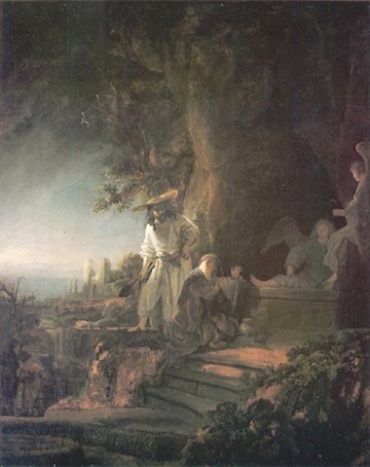
Rembrandt van Rijn. ‘Christ and Mary Magdalene’. Oil on wood, 1638, The Royal Collection, London.
Today’s Gospel is the account of the risen Christ appearing to Mary Magdalene at the empty tomb (John 20: 1-18), a passage which raises many questions for us. Why did she arrive first at the tomb, then, after telling the others who came to see, remain alone seeking Jesus when the others had left? Why did she not recognize the Lord when he first appeared? Why would he not let her touch him before he had ascended to the Father? Some thoughts from St. Gregory the Great (540-604) and St. Bernard of Clairvaux (1091-1153) can help us to find some answers to these questions. The quotations from St. Gregory are taken from the text given for today’s Office of Readings as found on the website http://www.universalis.com, and those from St. Bernard from http://www.evangeliumtagfuertag.org. Two fine sites, by the way, where you can find a wealth of scriptural, liturgical and patristic texts for every day of the year.
From St. Gregory, then: ‘We should reflect on Mary’s attitude and the great love she felt for Christ; for though the disciples had left the tomb, she remained. She was still seeking the one she had not found, and while she sought she wept; burning with the fire of love, she longed for him who she thought had been taken away. And so it happened that the woman who stayed behind to seek Christ was the only one to see him. For perseverance is essential to any good deed, as the voice of truth tells us: “Whoever perseveres to the end will be saved.”
‘At first she sought but did not find, but when she persevered it happened that she found what she was looking for. When our desires are not satisfied, they grow stronger, and becoming stronger they take hold of their object. Holy desires likewise grow with anticipation, and if they do not grow they are not really desires. Anyone who succeeds in attaining the truth has burned with such a great love.
‘”Woman, why are you weeping? Whom do you seek?” She is asked why she is sorrowing so that her desire might be strengthened; for when she mentions whom she is seeking, her love is kindled all the more ardently.
‘Jesus says to her: “Mary!” Jesus is not recognized when he calls her “woman”; so he calls her by name, as though he were saying: ‘Recognize me as I recognize you, for I do not know you as I know others. I know you as yourself.” And so Mary, once addressed by name, recognizes the one who is speaking. She immediately calls him “rabboni”, that is to say, “teacher”, because the one whom she sought outwardly was the one who inwardly taught her to keep on searching.’
And from St. Bernard: ‘Only the hearing that catches the word possesses the truth…”Do not touch me,” says the Lord. He meant: depend no longer on this fallible sense; put your trust in the word, get used to faith. Faith cannot be deceived. With the power to understand invisible truth, faith does not know the poverty of the senses; it transcends even the limits of human reason, the capacity of nature, the bounds of experience. Why do you ask the eye to do what it is not equipped to do? And why does the hand endeavor to examine things beyond its reach? What you may learn from these senses is of limited value. But faith will tell you of me without detracting from my greatness. Learn to receive with greater confidence, to follow with greater security, whatever faith commends to you.
‘”Do not touch me, for I have not yet ascended to my Father.” As if after he had ascended he wished to be or could be touched by her! And yet he could be touched, but by the heart, not by the hand; by desire, not by the eye; by faith, not by the senses. “Why do you want to touch me now?” he says…”Do you not remember that, while I was still mortal, the eyes of the disciples could not endure for a short space the glory of my transfigured body that was destined to die? I still accommodate myself to your senses by bearing this form of a servant (Phil. 2, 7) which you are accustomed to seeing. But this glory of mine is too wonderful for you…Defer your judgment therefore…With its fuller comprehension, faith will define it more worthily and more surely…She therefore will touch me worthily who will accept me as seated with the Father (Mk. 16, 19; Ps. 110 [109], 1), no longer in lowly guise, but in my own flesh transformed with heaven’s beauty. Why wish to touch what is ugly? Have patience that you may touch me in my beauty.”‘
What I would add to all this, following the line of thought seen in St. Gregory, is that Mary Magdalene is also not allowed to touch the risen Lord because her desire is not yet strong enough–to seek him with true diligence, that is, so that she might find him, as the risen glorified Savior, to echo St. Bernard of Clairvaux. It seems that in this entire series of events Mary is continually being led, first by her own imperfect longing, then by the appearances and questions of the angels and the Lord, to desire Christ more forcefully, to seek him more ardently, so that she can ultimately find him as he is and rejoice with perfect joy. All of which holds lessons for the rest of us as well. Is my desire to seek and find the risen Lord sufficient? Do I persevere daily in my search? And where do I seek him? Only outside myself, or within as well, in the depths of my soul, and in the actions of his grace which take place within the context of his mystical Body which is the Church?

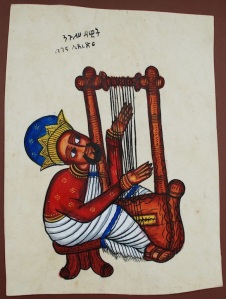

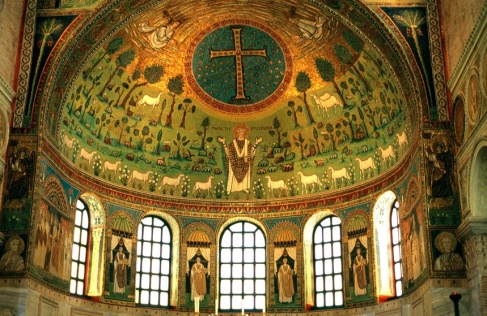
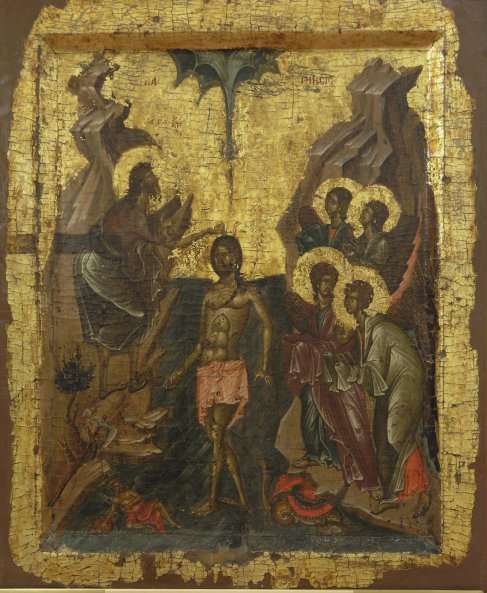
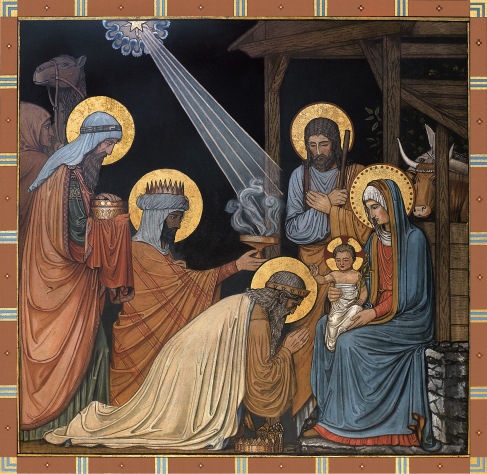
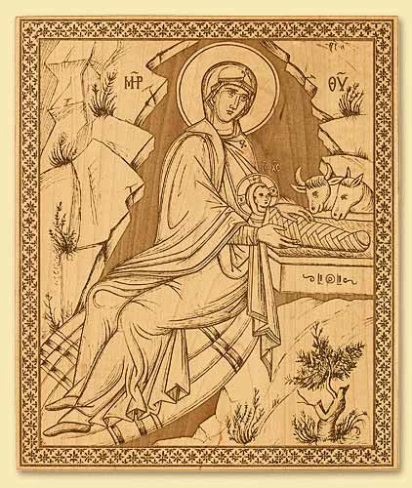
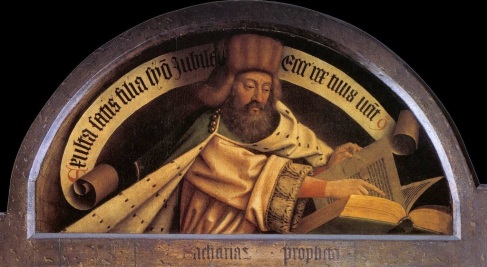
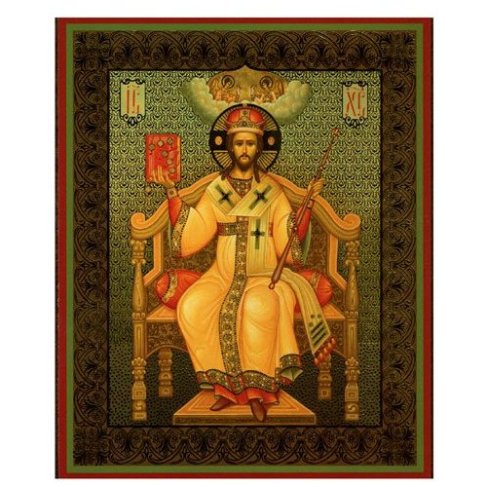

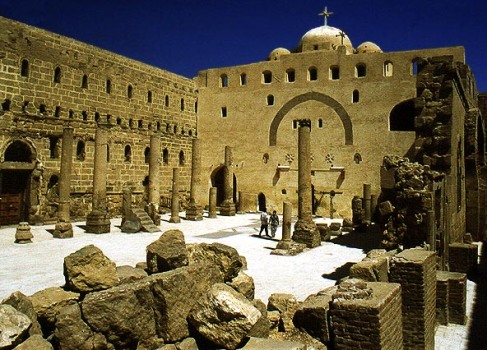
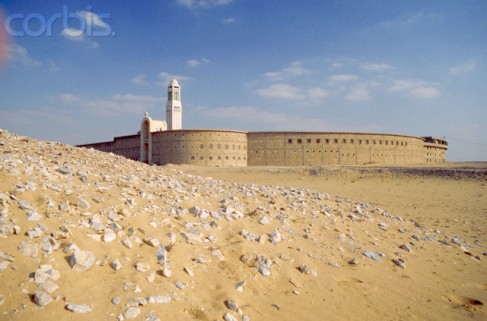
You must be logged in to post a comment.